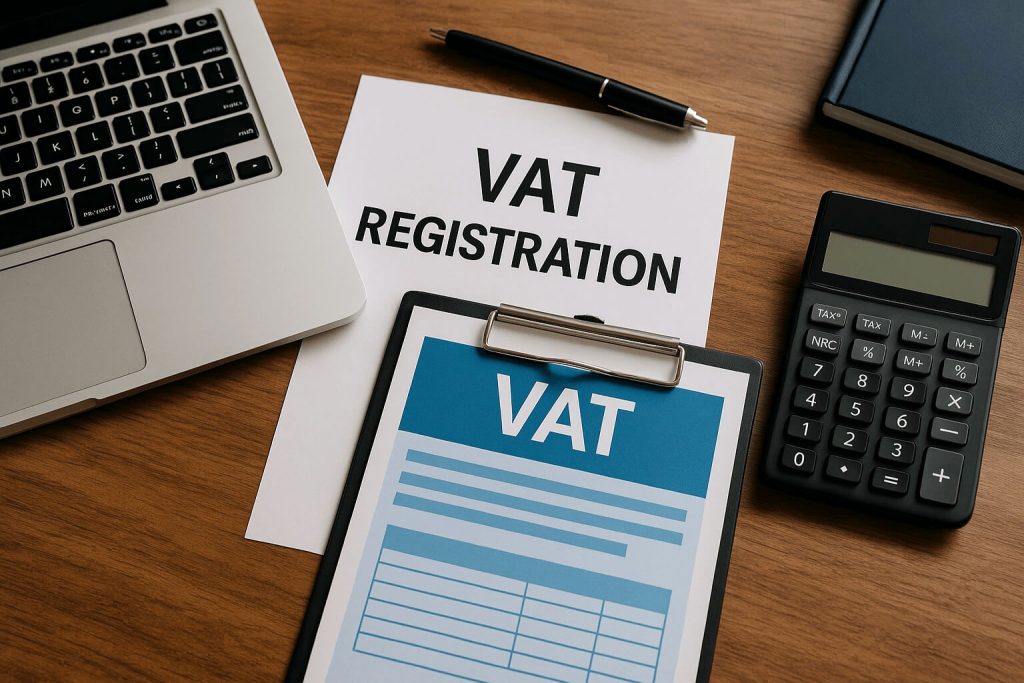Running a business in the UAE requires precision and transparency. Accounting services in the UAE play a vital role in ensuring financial stability, especially amid increasingly complex local regulations. Moreover, with the growing demand for outsourced solutions and virtual CFOs, business owners are no longer just looking for accountants—they want strategic partners.
In this article, we explore how to choose the right accounting provider in Dubai and avoid common mistakes.
Why Choosing the Right Accountant Matters
A single mistake in accounting can result in fines, tax audits, and reputational damage. In the UAE, regulators such as the Federal Tax Authority (FTA) and local economic departments enforce strict reporting standards. Therefore, selecting an accountant must be a conscious and well-informed decision.
First, accounting in the UAE goes far beyond tracking income and expenses. It includes VAT reporting, payroll calculations, audits, and preparation for tax inspections. Second, a good accountant often acts as a financial consultant, helping businesses legally optimize their tax burden. That’s why it’s important to assess not just the cost but also the provider’s qualifications.
What Criteria Actually Matter?
When selecting a contractor for accounting services in the UAE, focus on several key factors. A license is the first thing a provider must have, especially if you’re working with a company rather than a freelancer. A registered accounting firm must hold a valid license from a relevant local authority—such as Dubai Economy or a free zone like DMCC.
The next factor is experience. Ideally, the firm should have a portfolio of clients in your industry. If you run a tech startup, a firm that only works with restaurants may not be the best fit. It’s also critical to find out who exactly will manage your books—sometimes a recognizable brand hides undertrained staff.
Another key consideration is software. Professional providers work with tools like Zoho Books, Xero, or QuickBooks. This enables smoother reporting and easier access to real-time data. Also, check if the provider offers virtual CFO services—a higher-level function where the accountant participates in financial strategy, not just recordkeeping.
Outsourcing or In-House: Which Is Better?
Many UAE companies prefer to outsource their accounting. This approach is logical: you pay a flat monthly fee and avoid the costs of hiring, training, and maintaining full-time staff. Moreover, outsourced professionals are often more up-to-date with current tax legislation.
However, if your business is scaling fast, a hybrid model—outsourcing with a virtual CFO—might be the best fit. This is especially useful for SMEs that need high-level financial oversight but can’t afford a full-time finance director.
Key Questions to Ask Before You Sign
Before entering a contract, be sure to ask:
- Is your company licensed, and where are you registered?
- Do you have experience with businesses in my industry?
- Who exactly will manage our account, and what are their qualifications?
- How often do you provide reports, and in what format?
- Do you use secure data transfer channels?
- Have you handled FTA interactions and audit preparations?
The answers will help you evaluate the provider’s transparency, competence, and readiness for long-term cooperation.
Common Mistakes to Avoid
One of the most common mistakes is choosing an accountant based solely on price. Cheaper doesn’t mean better. In fact, it often results in future losses—missed tax deductions, account suspensions, or rejected VAT refunds.
Another mistake is lack of oversight. Even if you outsource your accounting, you must understand the basics of how reporting works.
And don’t underestimate language barriers. If you don’t speak Arabic, make sure the accountant can communicate clearly in English or your native language.
Accounting services in the UAE are not just a technical necessity. They are a foundation for financial stability, investor trust, and regulatory compliance. A professional accounting partner helps you not only submit reports but also build long-term financial strategy.
Therefore, choosing the right provider should be a deliberate, informed process that supports your business goals.




